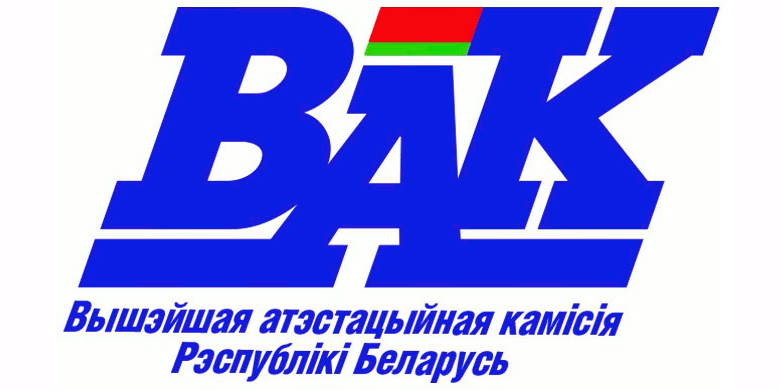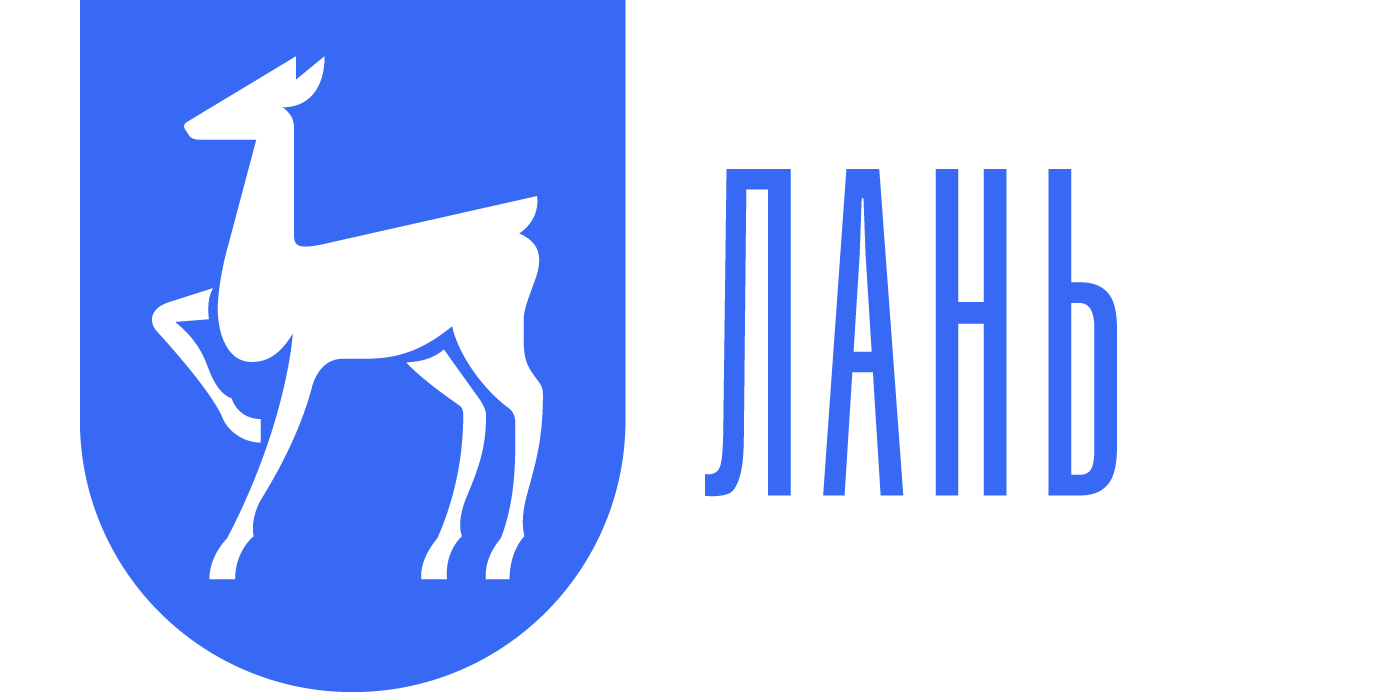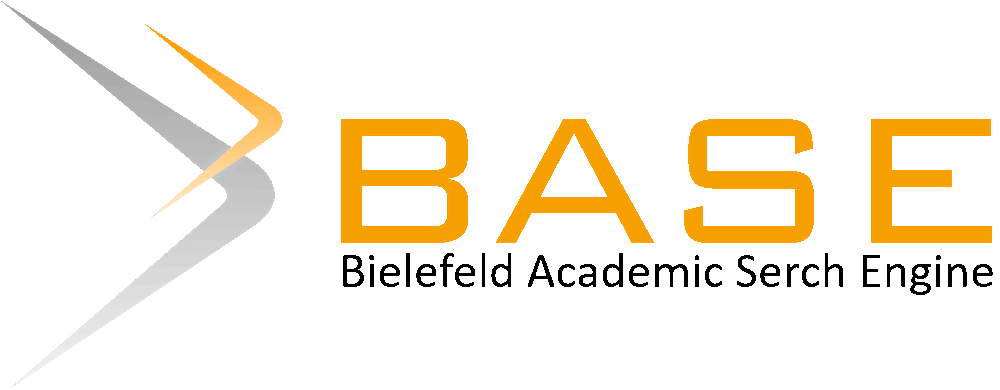Deviant educational behavior of students of higher education institution as subject of structural and substantive scientific analysis
Keywords:
information and communication space, education system, deviant educational behavior, technological education, educational activity, structural and meaningful analysisAbstract
Objektive: identification of problematic aspects of the study of the phenomenon of deviant educational behavior of students of higher education institutions, taking into account the developed theoretical and methodological approaches in the study of examples of academic fraud that have become widespread in the student community in the form of write-offs, prompts, falsifications, guest writing and plagiarism. Achieving the goal of the study is facilitated by solving the problem of its systemic construction through modeling the process of structural-meaningful analysis when studying the subject of scientific search.
Materials and methods. When writing the article, the practical provisions of the Concept for the Development of the Education System of the Republic of Belarus until 2030, as well as scientific publications on research issues, were presented as a source base. The study uses methods of comparative analysis and synthesis, generalization and theoretical modeling.
Results. As a result of the study, the main problematic aspects of studying the phenomenon of deviant educational behavior of students of higher education institutions in the Republic of Belarus were identified, taking into account the theoretical and methodological approaches developed in psychological and pedagogical science. The author proposed a functional structural-content model for studying the presented subject of scientific analysis.
Conclusion. The purpose of the study has been achieved. The nodal problems of studying the phenomenological essence of deviant educational behavior of students of higher education institutions, implemented in the form of writing off, prompts, compilation, plagiarism and guest writing in a technologically technologically accessible information and communication space, have been identified. The model proposed within the framework of psychological and pedagogical science for studying the declared subject of research makes it possible to clearly determine the problematic field of scientific search, the stage and level orientation of scientific reflection, the selected methods and content of the proposed stages. This approach allows in its systematic and stage-by-stage organized reality to systematically and deeply carry out scientific research taking into account the general scientific methodological requirements and the logic of knowledge of the subject under study.
References
О Концепции развития системы образования Республики Беларусь до 2030 года [Электронный ресурс] : постановление Совета Министров Республики Беларусь, 30 нояб. 2021 г., № 683 // Национальный правовой Интернет-портал Республики Беларусь. – Режим доступа: https://pravo.by/document/?guid=3871&p0=C22100683. – Дата доступа: 29.02.2024.
Лозицкий, В. Л. Некорректное учебное поведение студентов учреждений высшего образования как психолого-педагогический феномен / В. Л. Лозицкий // Адукацыя і вы-хаванне. – 2016. – № 5. – С. 56–60.
Лозицкий, В. Л. Девиантное учебное поведение учащихся и студентов в условиях цифровой трансформации образования и его динамичной технологизации / В. Л. Лозицкий // Адукацыя і выхаванне. – 2023. – № 8. – С. 11–19.
Лозицкий, В. Л. Девиантное учебное поведение как проблема обеспечения преемственности общего среднего и высшего образования в условиях цифровой трансформации / В. Л. Лозицкий // Университетский педагогический журнал. – 2023. – № 4. – С. 12–17.
Медведская, Е. И. Списывание: борьба или поиск альтернативы / Е. И. Медведская // Адукацыя і выхаванне. – 2013. – № 5. – С. 83–86 [Электронный ресурс]. – Режим доступа: https://elib.grsu.by/savePlaces/426931. – Дата доступа: 18.06.2023.
Пунчик, В. Н. Плагиат как феномен информационного общества / В. Н. Пунчик // Адукацыя і выхаванне. – 2015. – № 8. – С. 55–62.
Дремова, О. В. В поисках справедливости в университете: критика и оправдание практик академического мошенничества студентами / О. В. Дремова, Н. Г. Малошонок, Е. А. Терентьев // Мониторинг общественного мнения: экономические и социальные перемены. – 2020. – № 4. – С. 366–394.
Зборовский, Г. Е. Академические девиации образовательных общностей в российских университетах / Г. Е. Зборовский // Журнал Белорусского государственного университета. Социология. – 2022. – № 3. – С. 49–57.
Латова, Н. В. Обман в учебном процессе / Н. В. Латова, Ю. В. Латов // Общественные науки и современность. – 2007. – № 1. – С. 31–46.
Никитов, А. В. Учимся без шпаргалок. Как сделать самостоятельную работу студентов действительно самостоятельной / А. В. Никитов // Платное образование – 2006. – № 9 (47). – С. 20–23.
Радаев, В. В. Отношение студентов и преподавателей к наказаниям за плагиат и списывание / В. В. Радаев, И. С. Чириков // Университетское управление: практика и анализ. – 2006. – № 4. – С. 77–82.
Сивак, Е. В. Преступление в аудитории. Детерминанты нечестного поведения студентов (плагиата и списывания) / Е. В. Сивак. – М. : ГУ ВШЭ; 2006. – 44 с.
Шмелева, Е. Д. Академическое мошенничество студентов, учебная мотивация vs образовательная среда / Е. Д. Шмелева, Т. И. Семенова // Вопросы образования. – 2019. – № 3. – С. 101–129.
Zinovich, O. Y. Problem of students’ deviant behaviour at higher education institutions in the context of digital transformation / O.Y. Zinovich // Вестник Полесского государственного ун-та. Серия общественных и гуманитарных наук. – 2023. – № 1. – С. 38–42.
Лозицкий, В. Л. Образовательный сегмент Республиканской информационно-образовательной среды в аспекте структурно-содержательного научного анализа / В. Л. Лозицкий // Адукацыя і выхаванне. – 2024. – № 2. – С. 9–16.
References
O Kontseptsii razvitiia sistemy obrazovaniia Respubliki Belarus' do 2030 goda : postanovlenie Soveta Ministrov Respubliki Belarus', 30 noiabria 2021 goda, № 683 [On the Concept for the development of the education system of the Republic of Belarus until 2030: Resolution of the Council of Ministers of the Republic of Belarus, November 30, 2021, No. 683]. Natsional'nyi pravovoi Internet-portal Respubliki Belarus'. (In Russian). Available at: https://pravo.by/document/?guid=3871&p0=C22100683 (accessed: 29.02.2024).
Lozitskii V.L. Nekorrektnoe uchebnoe povedenie studentov uchrezhdenii vysshego obrazovaniia kak psikhologo-pedagogicheskii fenomen [Incorrect educational behavior of students in higher education institutions as a psychological and pedagogical phenomenon]. Adukatsy’ja i Vy’havannje [Education and Upbringing], 2016, no. 5, pp. 56-60. (In Russian)
Lozitskii V.L. Deviantnoe uchebnoe povedenie uchashchikhsia i studentov v usloviiakh tsifrovoi transformatsii obrazovaniia i ego dinamichnoi tekhnologizatsii [Deviant learning behavior of pupils and students in the context of digital transformation of education and its dynamic technologization]. Adukatsy’ja i Vy’havannje [Education and Upbringing], 2023, no. 8, pp. 11-19. (In Russian)
Lozitskii V.L. Deviantnoe uchebnoe povedenie kak problema obespecheniia preemstvennosti obshchego srednego i vysshego obrazovaniia v usloviiakh tsifrovoi transformatsii [Deviant learning behavior as a problem of ensuring continuity of general secondary and higher education in the context of digital transformation]. Universitetskii pedagogicheskii zhurnal [University Pedagogical Journal], 2023, no. 4, pp. 12–17. (In Russian).
Medvedskaja E.I. Spisy’vanije:boriba ili poisk aliternativy’ [Cheating: struggles or looking for an alternative]. Adukatsy’ja i Vy’havannje [Education and Upbringing], 2013, no. 5, pp. 83-86. (In Russian)
Punchik V.N. Plagiat kak phenonmen informatsionnogo obshchestva [Plagiarism as a phenomenon of information society]. Adukatsy’ja i Vy’havannje [Education and Upbringing], 2015, no. 8, pp. 55-62. (In Russian)
Dremova O.V., Maloshonok N.G., Terentiev E.A. V poiskakh spravedlivosti v universitete: kritika i opravdanie praktik akademicheskogo moshennichestva studentami [Seeking Justice in Academia: Criticism and Justification of Student Academic Dishonesty]. Monitoring obshchestvennogo mneniia: ekonomicheskie i sotsial'nye peremeny [Monitoring of Public Opinion: Economic and Social Changes], 2020, no. 4, pp. 366-394 (In Russian)
Zborovsky G.E. Akademicheskie deviatsii obrazovatel'nykh obshchnostei v rossiiskikh universitetakh [Academic deviations of educational communities in Russian universities]. Zhurnal Belorusskogo gosudarstvennogo universiteta. Sotsiologiia [Journal of the Belarusian State University. Sociology]. 2022, no. 3, pp. 49-57 (In Russian)
Latova N.V., Latov Y.V. Obman v uchebnom protsesse [Fraud in educational process]. Obshchestvennije nauki i sovremennost [Social Sciences and Modernity], 2007, no. 1, pp. 31-46. (In Russian)
Nikitov A.V. Uchimsja bez shporgalok. Kak sdelat’ samostoyatel’nuju rabotu studentov samostojatel’noj [Study without cheat sheets. How to organize students’ independent work]. Platnoje obrazovanije [Fee-paid education], 2006, no. 9 (47), pp. 20-23. (In Russian)
Radaev V.V., Chirikov I.S. Otnoshenie studentov i prepodavatelej k nakazanijam za plagiat i spisy’vanije [Students’ and educators’ attitudes to the punishments for plagiarism and cheating]. Universitetskoe upravlenie: praktika i analiz [University management: practice and analysis], 2006, no. 4, pp. 77-82. (In Russian)
Sivak E.V. Prestuplenije v auditoria. Determinanty’ nechestnogo povjedjenija studentov (plagiat i spisy’vanije) [Crime in the audience. Determinations of dishonest behavior of students (plagiarism and cheating)]. Moscow, State University Higher School of Economics, 2006, 44 p. (In Russian)
Shmeljova E.D., Semenova T.I. Akadjemichejeskoje moshennichjestvo studentov, uchebnaja motivatsy’ja vs obrazovatjel’naja srjeda [Students’ academic fraud, academic motivation vs educational environment]. Voprosy’ obrazovanija [Issues of education], 2019, no. 3, pp. 101-129. (In Russian)
Zinovich O.Y. Problem of students’ deviant behaviour at higher education institutions in the context of digital transformation. Bulletin of Palesky State University. Series in Social Sciences and Humanities, 2023, no. 1, pp. 38-42.
Lozitskii V.L. Obrazovatel'nyi segment Respublikanskoi informatsionno-obrazovatel'noi sredy v aspekte strukturno-soderzhatel'nogo nauchnogo analiza [Educational segment of the Republican information and educational environment in the aspect of structural and content scientific analysis]. Adukatsy’ja i Vy’havannje [Education and Upbringing], 2024, no. 2, pp. 9-16. (In Rus-sian)













